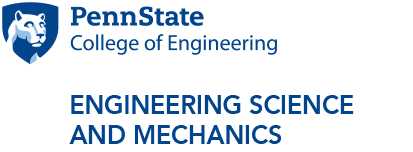Ethics Discussion: Exploitation and Platform Power
Abstract: Big tech “exploits” us. This has become a common refrain among critics of digital platforms. It gives voice to a shared sense that technology firms are somehow mistreating people—taking advantage of us, extracting from us—in a way that other data-driven harms, such as surveillance and algorithmic bias, fail to capture. But what does “exploitation” entail, exactly, and how do platforms perpetrate it? What would a theory of digital exploitation add to existing discussions about platform governance? In the first part of this paper, I draw from the philosophical literature to argue that the language of “exploitation” is used to level two distinct, but related, allegations. One is about “transactional exploitation.” The worry here is that individuals and technology firms negotiate on unfair terms, with firms getting the better end of the bargain. The second allegation is about “structural exploitation.” Grounded in a more radical tradition, worries about structural exploitation take a wider view, focusing not on particular transactions, but on the background economic and political conditions against which every transaction unfolds. In the second part of the paper, I argue that a theory of digital exploitation can help clarify broader currents in technology ethics and policy. For example, underneath debates about how to rein in big tech’s power—whether through new privacy laws, antitrust enforcement, or more radical, abolitionist approaches—are fundamental questions about the possibility of liberal reform vs the need for deeper structural change.
Biography: Daniel Susser is an assistant professor in Penn State’s College of Information Sciences and Technology and a research associate at the Rock Ethics Institute. Susser’s research marshals resources from ethics and political philosophy, philosophy of technology, and science and technology studies (STS) to examine the social, political, and ethical dimensions of information technology. In particular, he focuses on questions around privacy and data ethics, and he has written about privacy and social identity, privacy and transparency, and the development of online habits. He is currently at work on several projects, including investigating the ethics of behavioral ad targeting and online manipulation (as seen, for example, in the Facebook and Cambridge Analytica case). Before joining Penn State, Susser was an assistant professor of philosophy at San Jose State University, and prior to that, a research fellow at the Information Law Institute at New York University’s School of Law. He earned a BA in computer science and philosophy from George Washington University and a Ph.D. in philosophy from Stony Brook University (SUNY).
Media Contact: Bethany Illig



